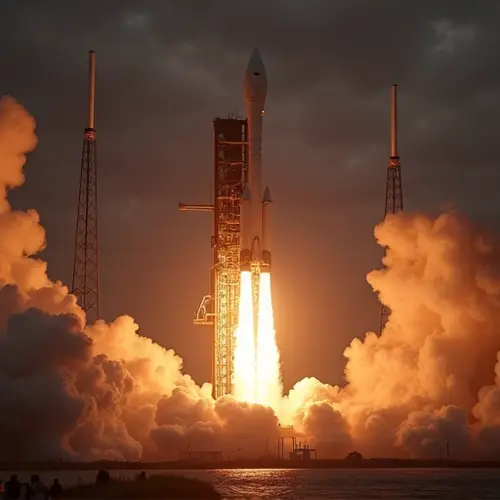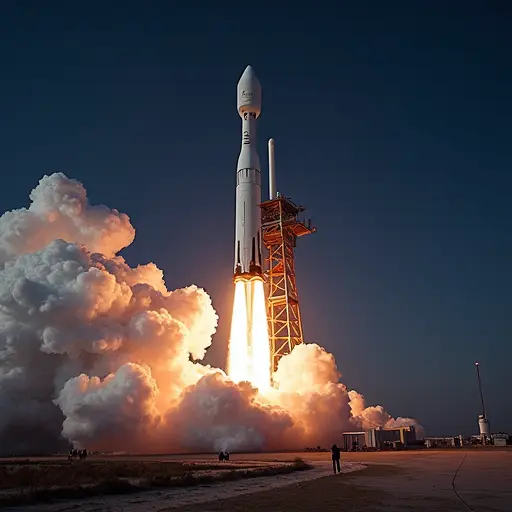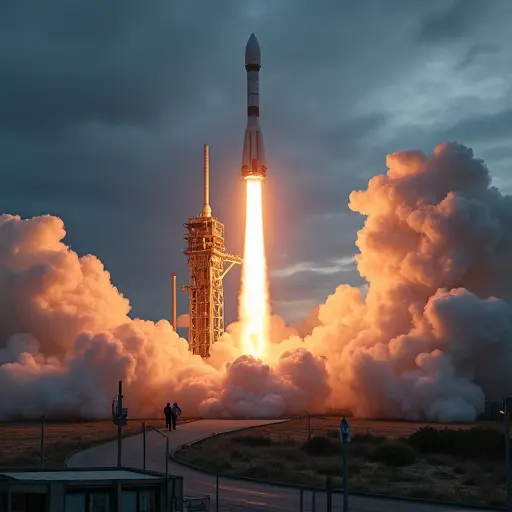
The New Space Challengers
A fresh wave of space startups is rising to challenge the dominance of SpaceX and Blue Origin. Companies like Rocket Lab, Firefly Aerospace, Relativity Space, and Stoke Space are developing competitive launch systems that promise to reshape the space industry. According to MIT Technology Review, these newcomers aim to break SpaceX's near-monopoly in US orbital launches, where it accounted for 87% of missions in 2024.
Rocket Revolution
Rocket Lab's Neutron rocket, scheduled for its maiden flight later this year, directly targets SpaceX's Falcon 9. Meanwhile, Firefly Aerospace has secured NASA and Space Force contracts for its Alpha rocket. Firefly made history in March 2025 by becoming the second private company to land a spacecraft on the Moon. Relativity Space is pushing boundaries with its 3D-printed Terran R rocket, while Bill Gates-backed Stoke Space develops the reusable Nova rocket.
Heavy-Lift Competition
United Launch Alliance's Vulcan Centaur has completed two successful launches with over 80 missions lined up. Blue Origin celebrated the inaugural flight of its massive New Glenn rocket in January 2025, though its first stage failed to land successfully. Europe's Ariane 6 ended the continent's dependence on SpaceX with its 2024 debut, while Chinese companies like Space Pioneer and Cosmoleap are developing reusable rockets with "chopstick clamp" landing systems similar to SpaceX's Starship.
Political and Technical Hurdles
New players face significant challenges. SpaceX maintains close government ties, especially with the current administration. Recent reports suggest SpaceX might secure a multibillion-dollar FAA contract previously awarded to Verizon. Technical setbacks also plague the industry: Boeing's Starliner stranded astronauts at the ISS for nine months after thruster failures, while SpaceX's Starship suffered multiple launch failures in 2025.
The Future of Space Access
Despite obstacles, competition promises benefits. "More players in the market is good for competition," says aerospace engineer Chris Combs. "It could push SpaceX to become better and provide more options." As these companies mature throughout 2025, they could reduce launch costs and prevent bottlenecks, ultimately expanding humanity's access to space.

 Nederlands
Nederlands English
English Français
Français Deutsch
Deutsch Español
Español Português
Português








